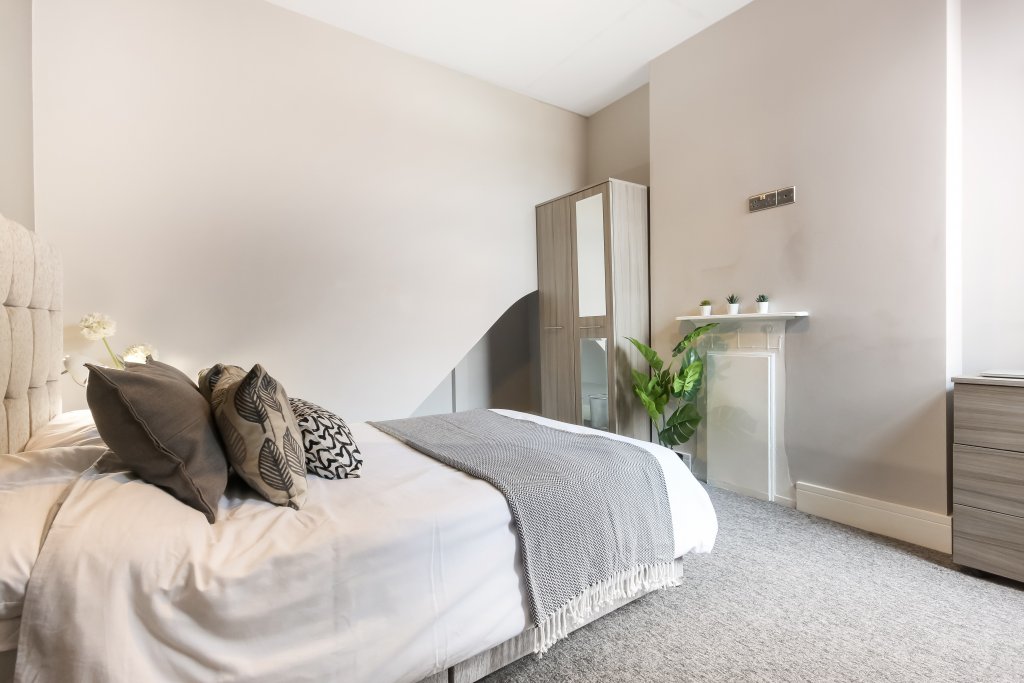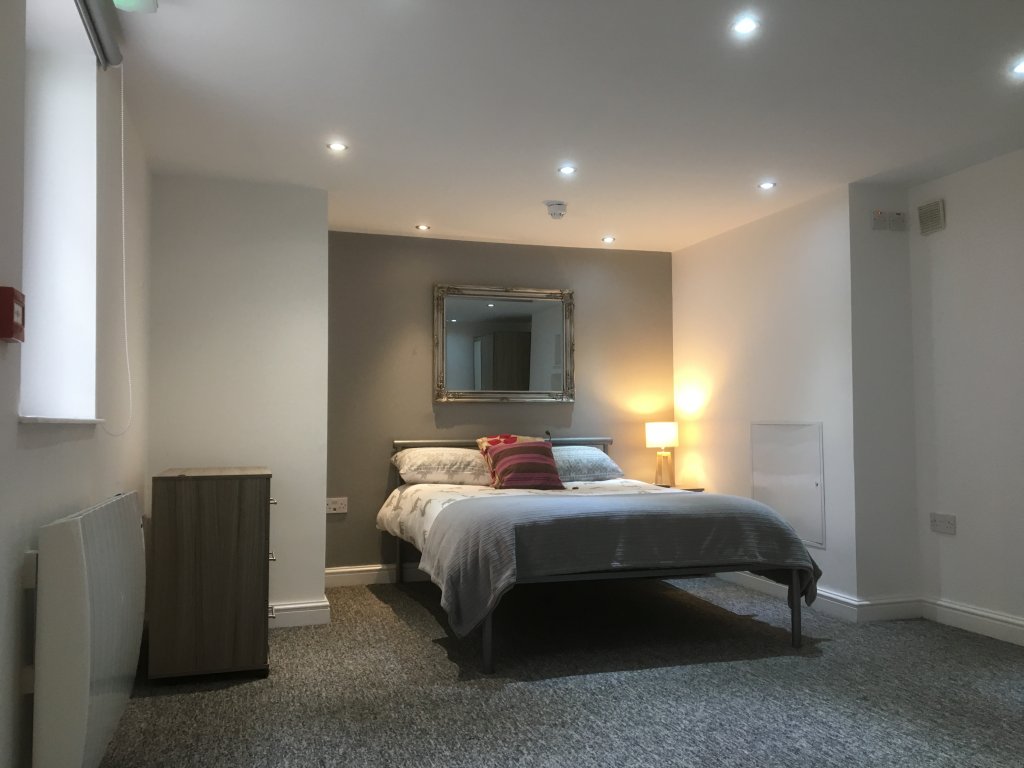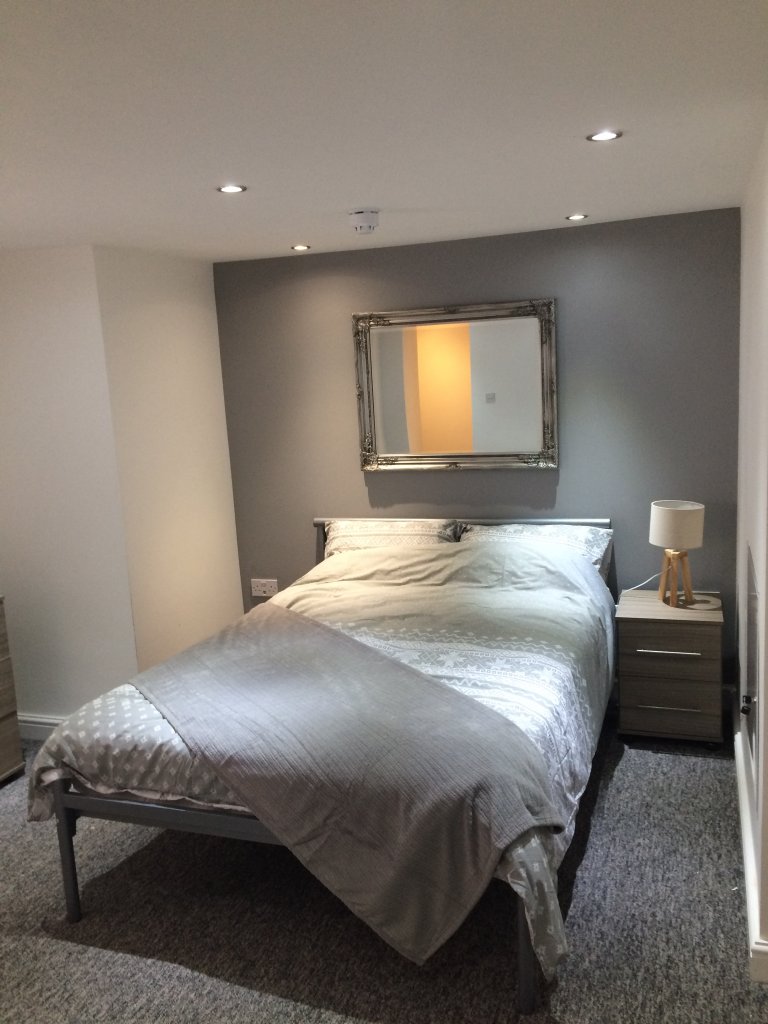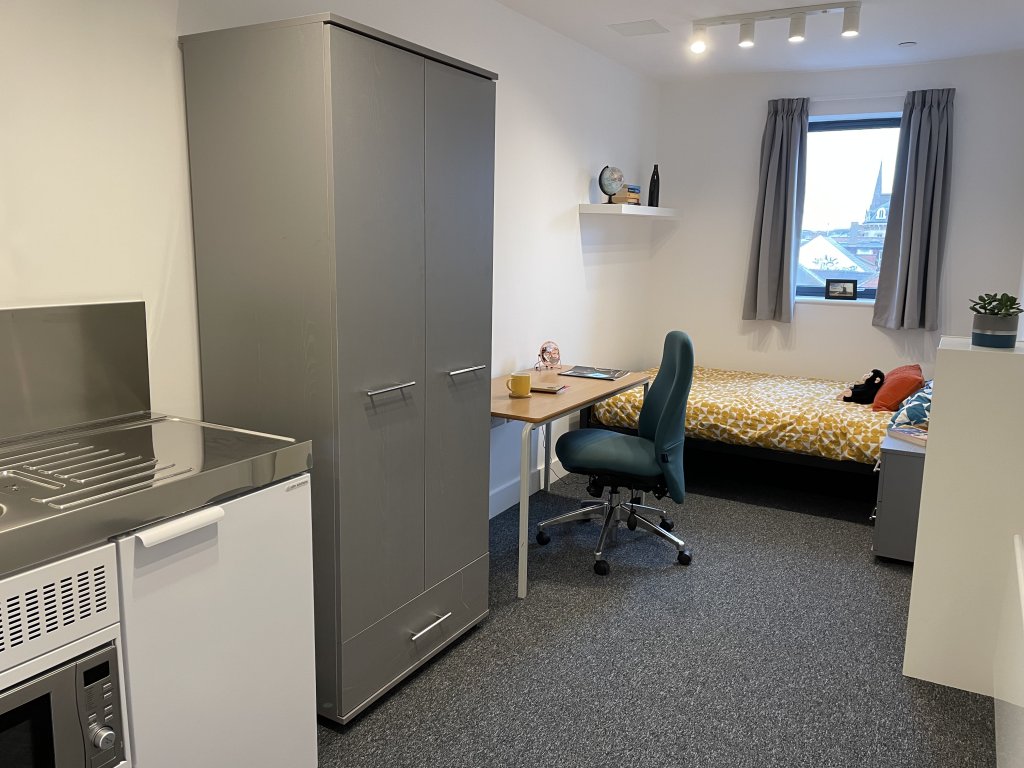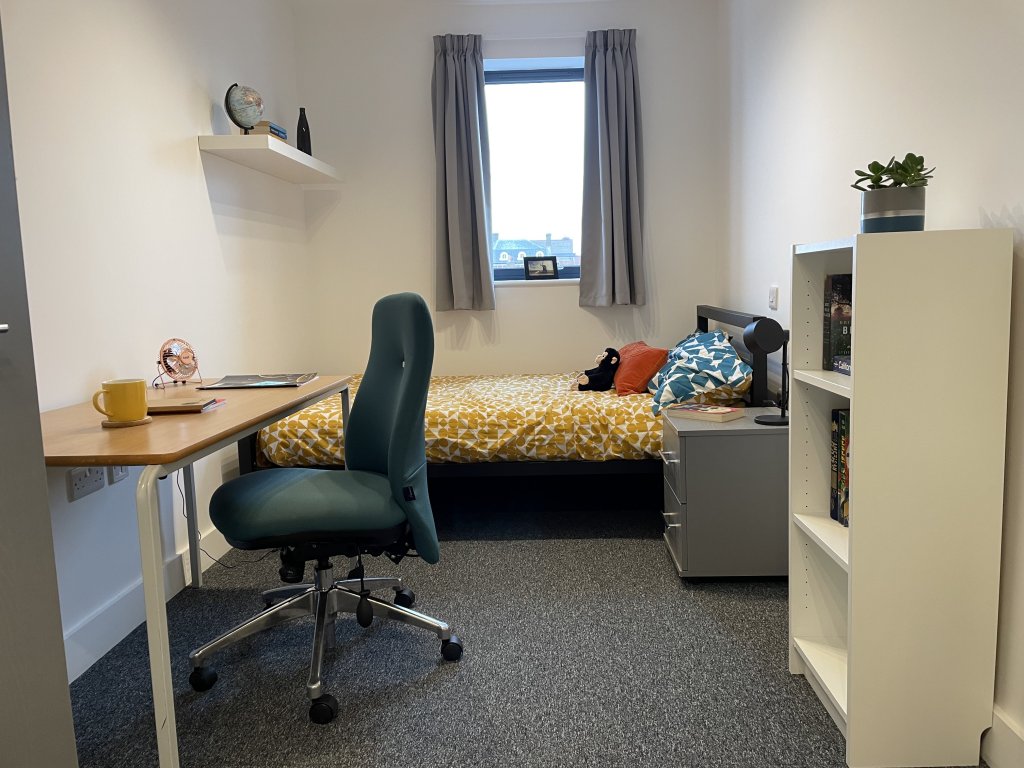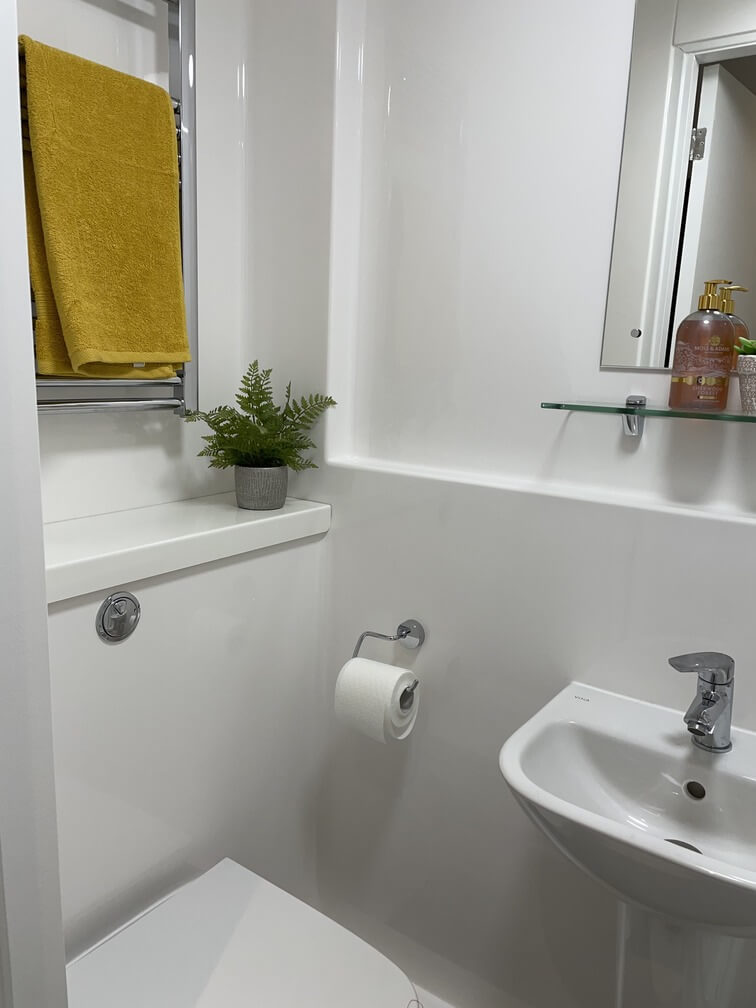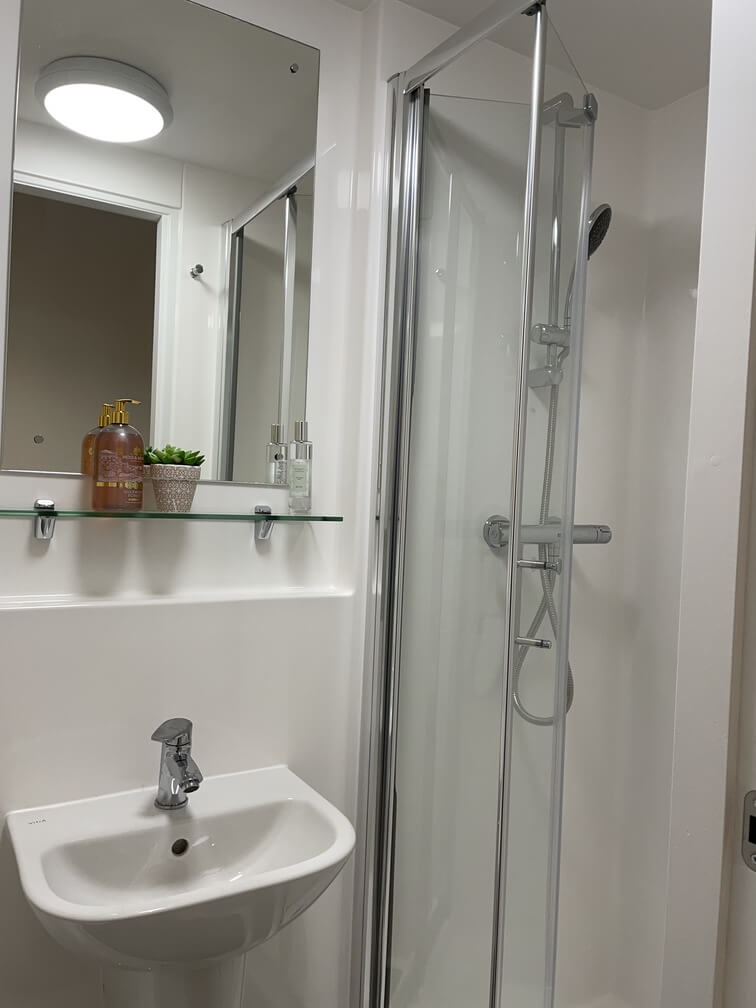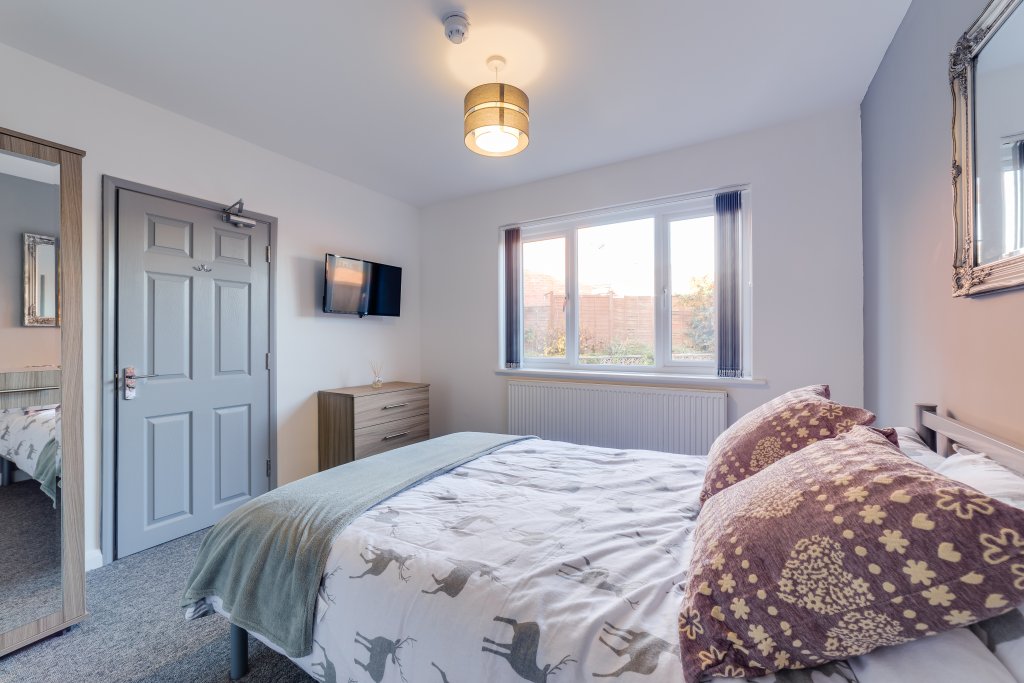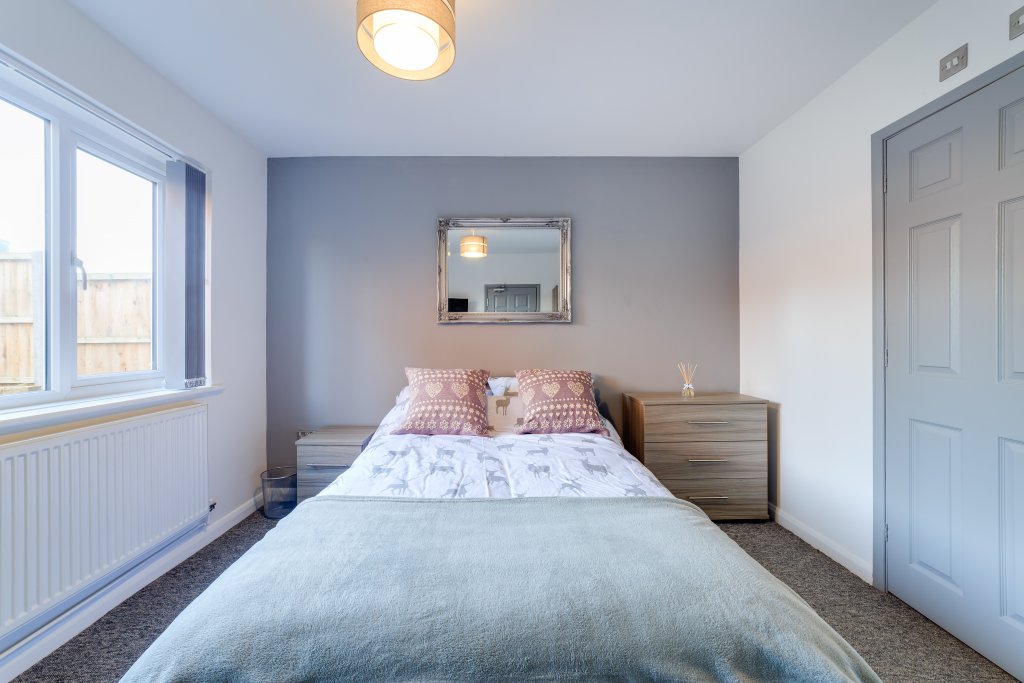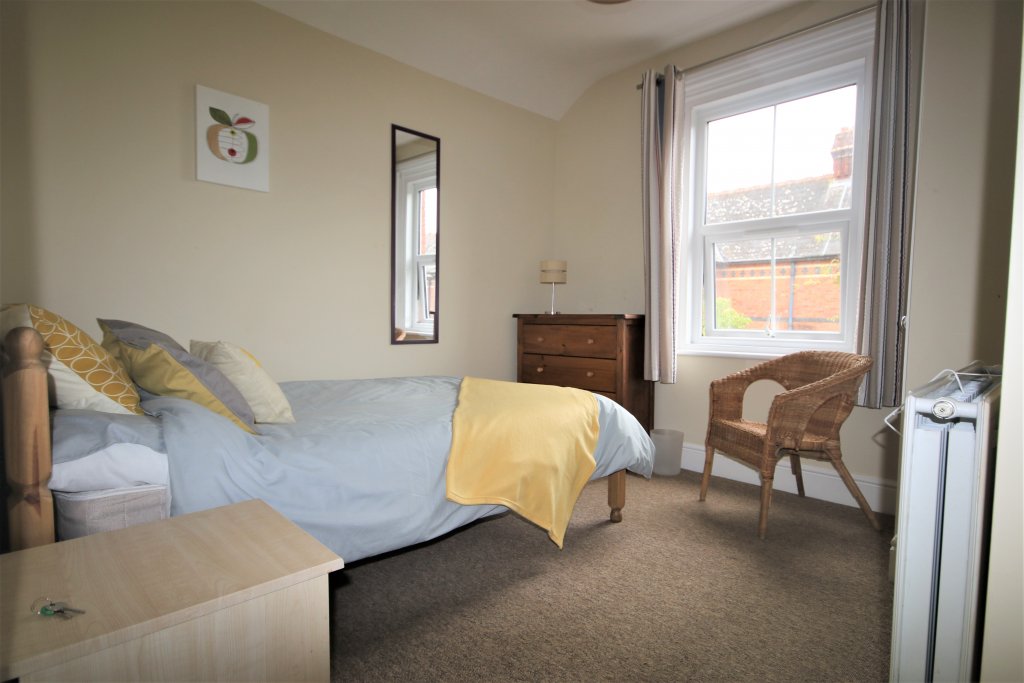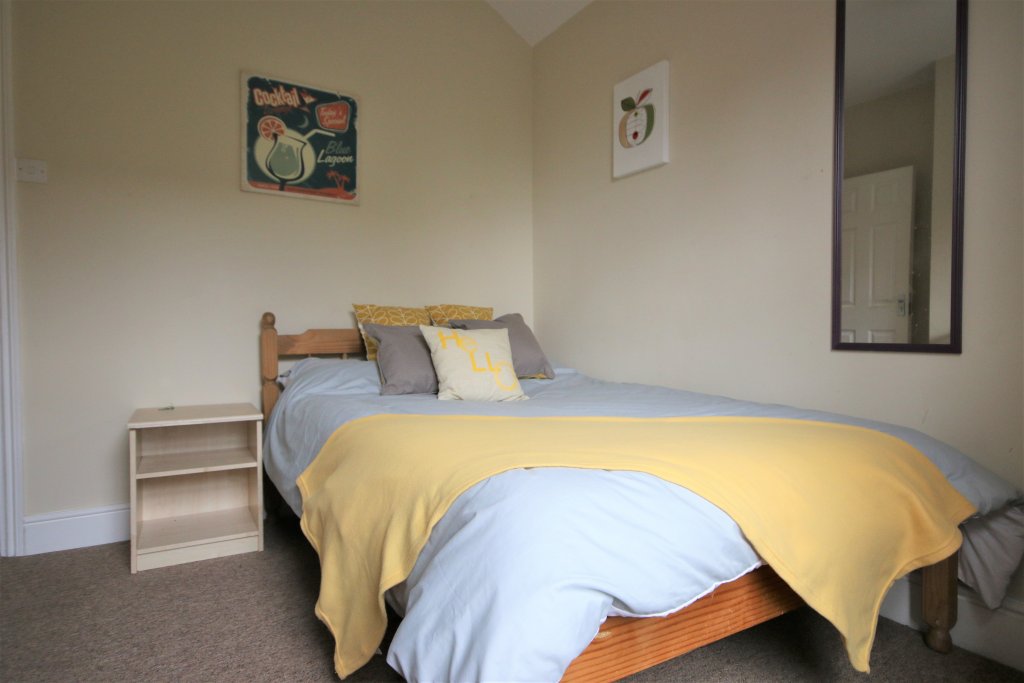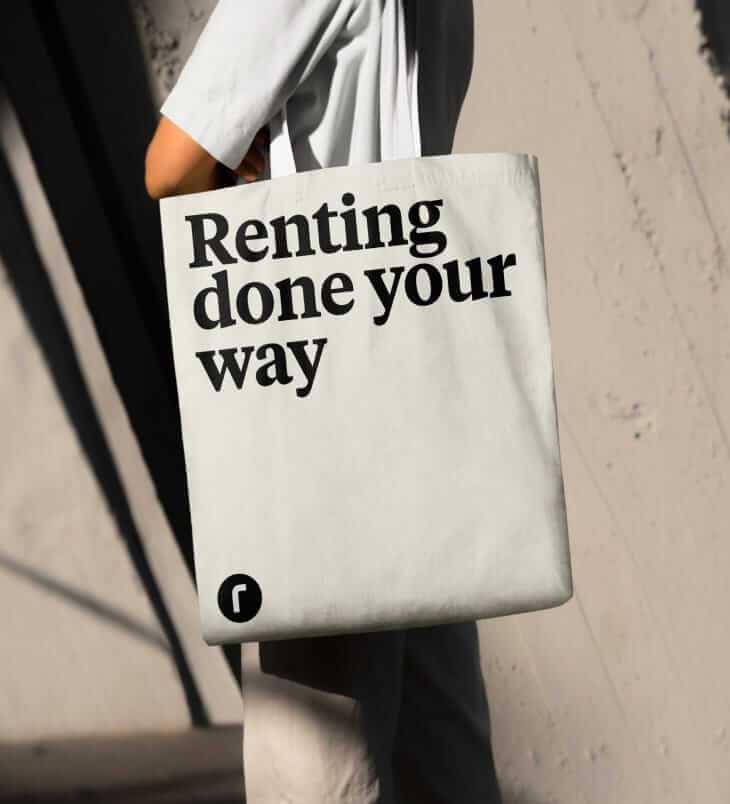The Impact The Energy Crisis Is Having On HMO Landlords
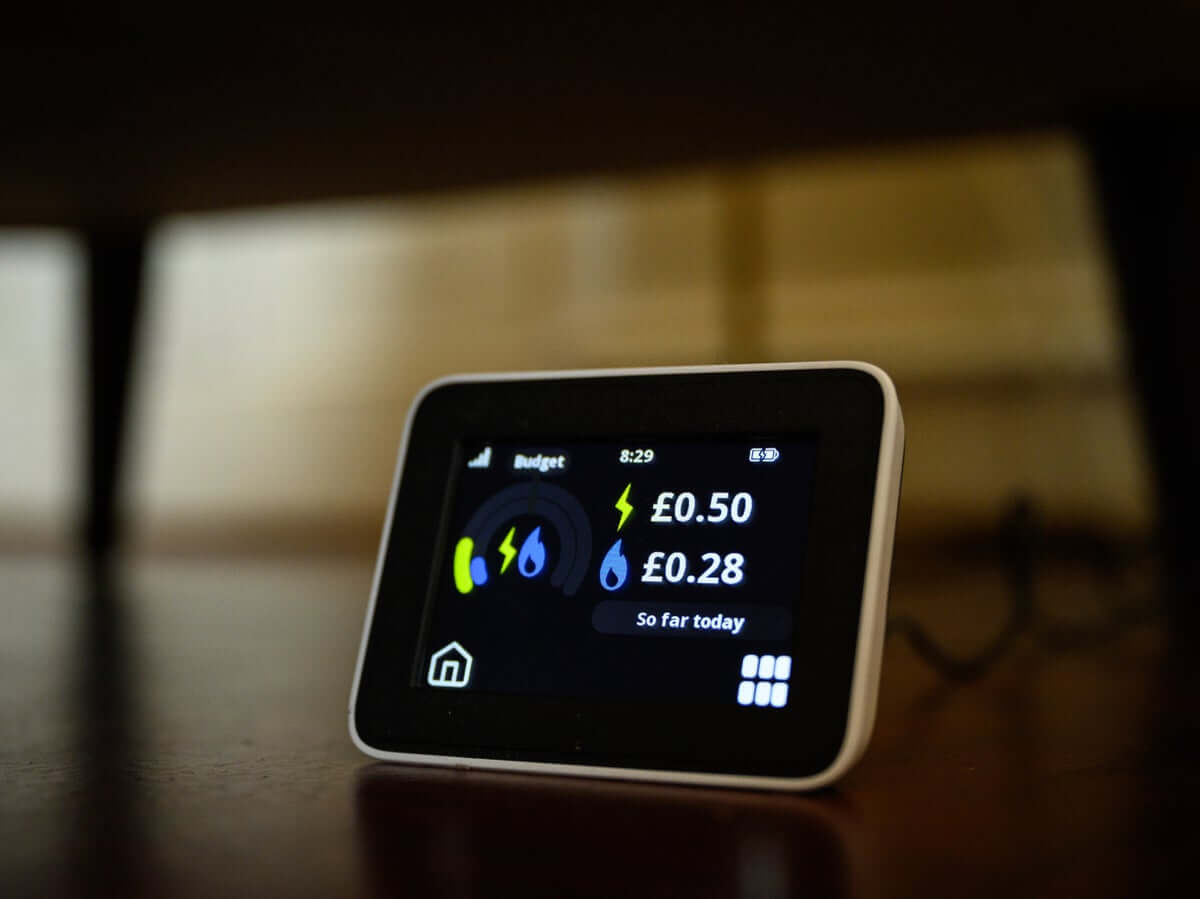
The Impact The Energy Crisis Is Having On HMO Landlords
What Does Rising Energy Costs Mean & How Can Landlords Make Utility Bills More Manageable in 2022?
At the end of last year and the beginning of 2022, chances are you’ve been hearing about and feeling the pressure of the energy crisis. And one of the biggest worries you may have right now as a HMO landlord is spiralling energy costs and how you will manage utility bills moving forward.
Here I’m going to cover what’s going on with the energy industry, what it means for HMO landlords and how you can make utility bills more economical.
Energy Suppliers Going Bust and Price Rises
In the last 12 months alone, 30 energy suppliers have gone bust, and more are expected to this year. In 2021, over 4 million customers were displaced, and 176,000 people have been displaced so far this year since Together Energy went bust in January.
The energy crisis is largely down to the huge rise in natural gas prices, which have increased by 250% since the beginning of 2021. This combined with the energy price cap limiting the amount energy suppliers can charge per unit of electricity and gas used has put pressure on providers.
Currently, the energy price cap is set at £1,277 per year for a household with an average energy usage. The cap is set to be reviewed this month with an increase expected in April and October. Some experts are forecasting the energy price cap to rise in excess of £1,600 per year for a household with average energy usage.
If you’re on any fixed-rate deals, your bills should stay the same for now, but whenever the deal ends, your bills will most likely increase. If your supplier goes bust, the supply won’t be cut off, and funds that have been paid into your accounts will be protected.
Ofgem has processes in place for this and recommends customers to:
Wait until a new supplier has been appointed and you have been contacted by them before switching to another energy supplier.Take a meter reading for when your appointed supplier contacts you.
This will make the process of transferring you over to the new supplier and honouring any funds that you’re in credit for as smooth as possible.
7 Tips for How HMO Landlords Can Make Utility Bills More Economical
The rising energy costs will likely be particularly worrying if you offer all-inclusive bills for your HMO properties, but don’t panic. There are a number of things you can do to help make your utility bills more economical.
1. Install a Smart Meter
A smart meter can give tenants a real indication of their energy consumption and how they could make improvements. It can also flag inefficient appliances in your properties.
2. Install TRVs on Every Radiator
Thermostatic radiator valves (TRVs) provide the ability to control the temperature specific radiators will heat up to. This helps tenants avoid overheating rooms that don’t need to be heated as much.
3. Install a Smart Heating System
A smart heating system, such as Inspire, Time-O-Stat or Nest, can allow landlords to set predetermined heating parameters for their tenants at the same time as restricting tenants ability to override the thermostat and ramp the heating up unnecessarily.
4. Make Energy Efficient Improvements
There are a number of energy efficient improvements you could make to your HMO properties that could help you and your tenants make savings on energy bills. This includes upgrading the property’s insulation, glazing, boiler, lighting, and appliances and adding renewable energy options. Of course, some of these would be considerable costs, but looking ahead, they may become increasingly necessary if you want to stave of rising bills.
5. Provide Feedback to Tenants
On a monthly basis, track your tenants’ utility usage. Put a system in place to communicate this to tenants regularly, and make sure you have an audit trail of this communication. It can be helpful in undertaking inspections periodically, and if you have a fair usage cap on energies, you will find that having a record of this information is helpful when reclaiming the cost of any overuse from tenants.
6. Update Your ASTs
If you don’t already have it in place, ensure you have a fair usage cap for utility bills in your ASTs moving forwards. Some HMO landlords also ban the use of electric heaters, as these are a potential fire hazard and use a lot of energy.
7. Shop around
Shop around for different energy providers and look at switching so you can take advantage of better rates or cash-back offers. Currently, there might not be much savings to be had by switching energy suppliers, but this could change in the future.
Keep an eye on what’s happening with the industry and different providers, so you’re able to make a change whenever it’s economical to.
Make sure you’re prepared for further increases to energy bills moving forward and create a plan for what changes you should prioritise to allow you and your tenants to make energy savings.

